In Britain self-censorship with market and readership in mind denies all but the most devout news-addict important stories, writes Jonathan Lindsell.
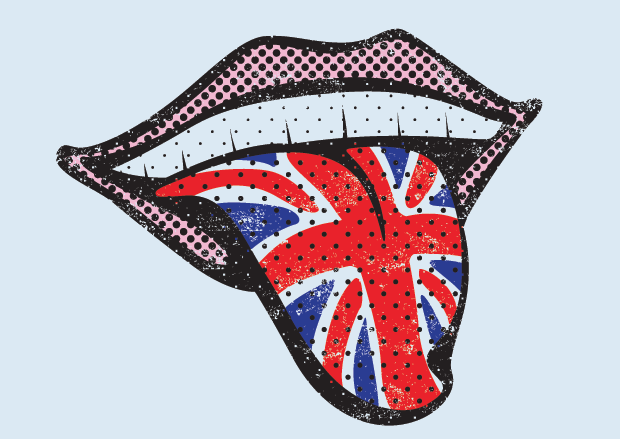

In Britain self-censorship with market and readership in mind denies all but the most devout news-addict important stories, writes Jonathan Lindsell.

The soon to be tabled Patriotism Bill would require every Ugandan to, among other things, support all government development programs and defend national property. Edward Ronald Sekyewa reports
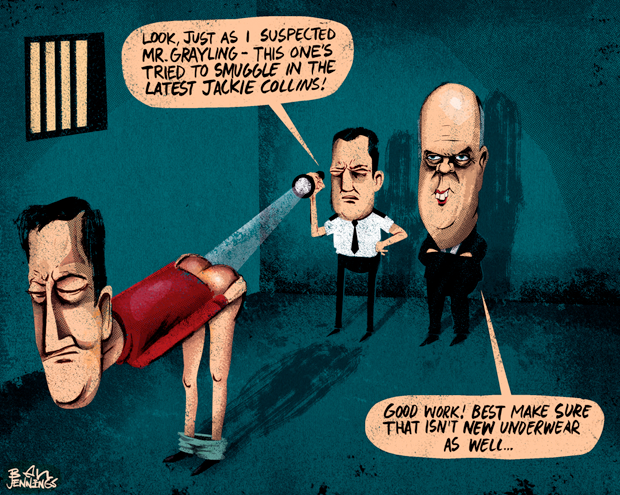
Writer Ian Dunt, editor of politics.co.uk, and cartoonist Ben Jennings share their thoughts about the prison books ban.

In a move that has sparked concern among Egyptian secularists, the country’s censorship committee this week banned 20 music videos allegedly containing “heavy sexual connotations” and featuring “scantily-dressed female singers and models”, Shahira Amin writes
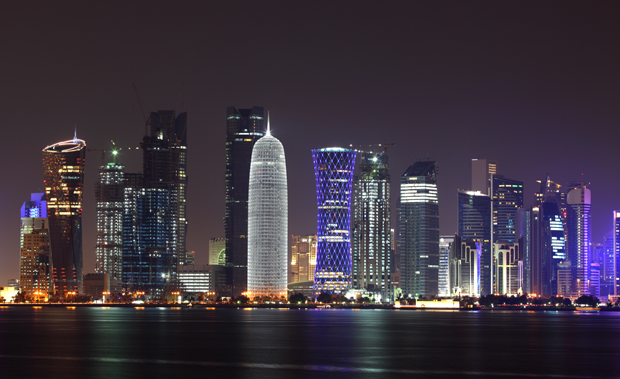
Freedom of speech clashing with commercial concerns has been an ongoing theme for many media and internet companies operating on an international stage, but it’s rare that a country’s liberal approach to expression is presented, in itself, as a prime investment opportunity. Alastair Sloan reports
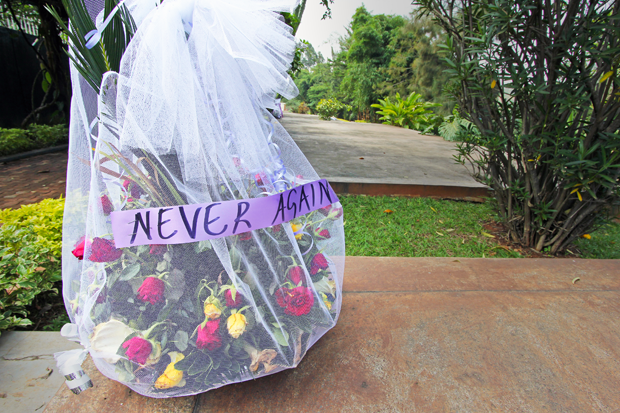
In the years that have followed the 1994 Rwandan Genocide, the peace that has emerged is one defined by consolidated state control. But as Nicholas Williams explains, media reforms may change that.
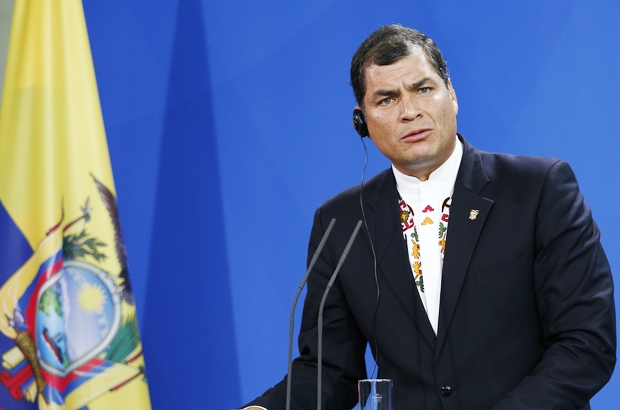
President Rafael Correa’s recent attack on El Universo newspaper for printing a satirical cartoon, marks a dangerous precedent for Ecuador’s media, writes Jack Gilbert
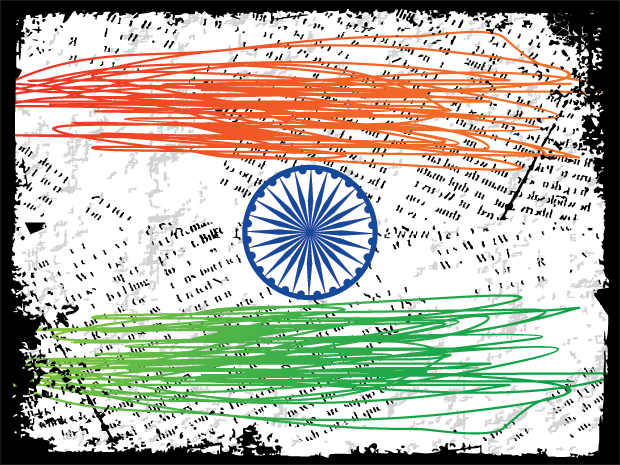
In India, the state and private petitioners have equally exploited India’s penal code to harass, censor or silence individuals. Ram Mashru reports
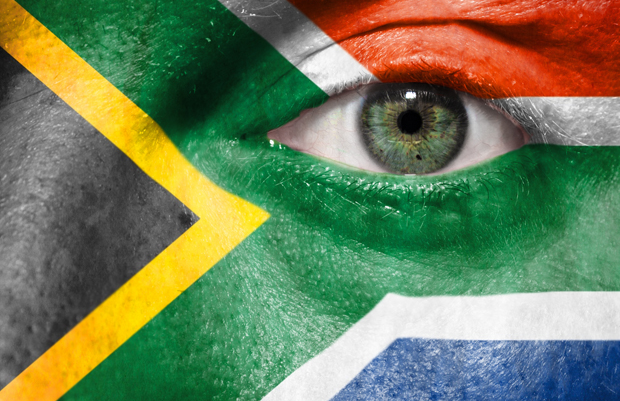
In what seems like a purge, South Africa’s Independent News and Media (INM) group is shedding many of its foremost journalists and commentators. Simultaneously, the company’s newspapers have stepped up coverage of the personal ruminations of its new chairperson, Dr Iqbal Survé. Christi van der Westhuizen reports
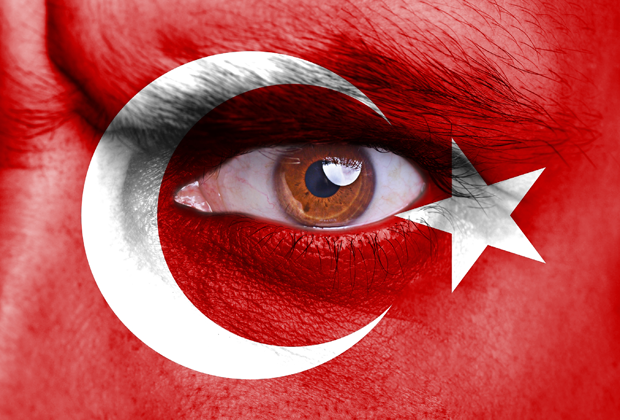
Conflict, corruption and corporate power mean that Turkey’s media workers can easily find themselves on the wrong side of the law, says Selina Bieber